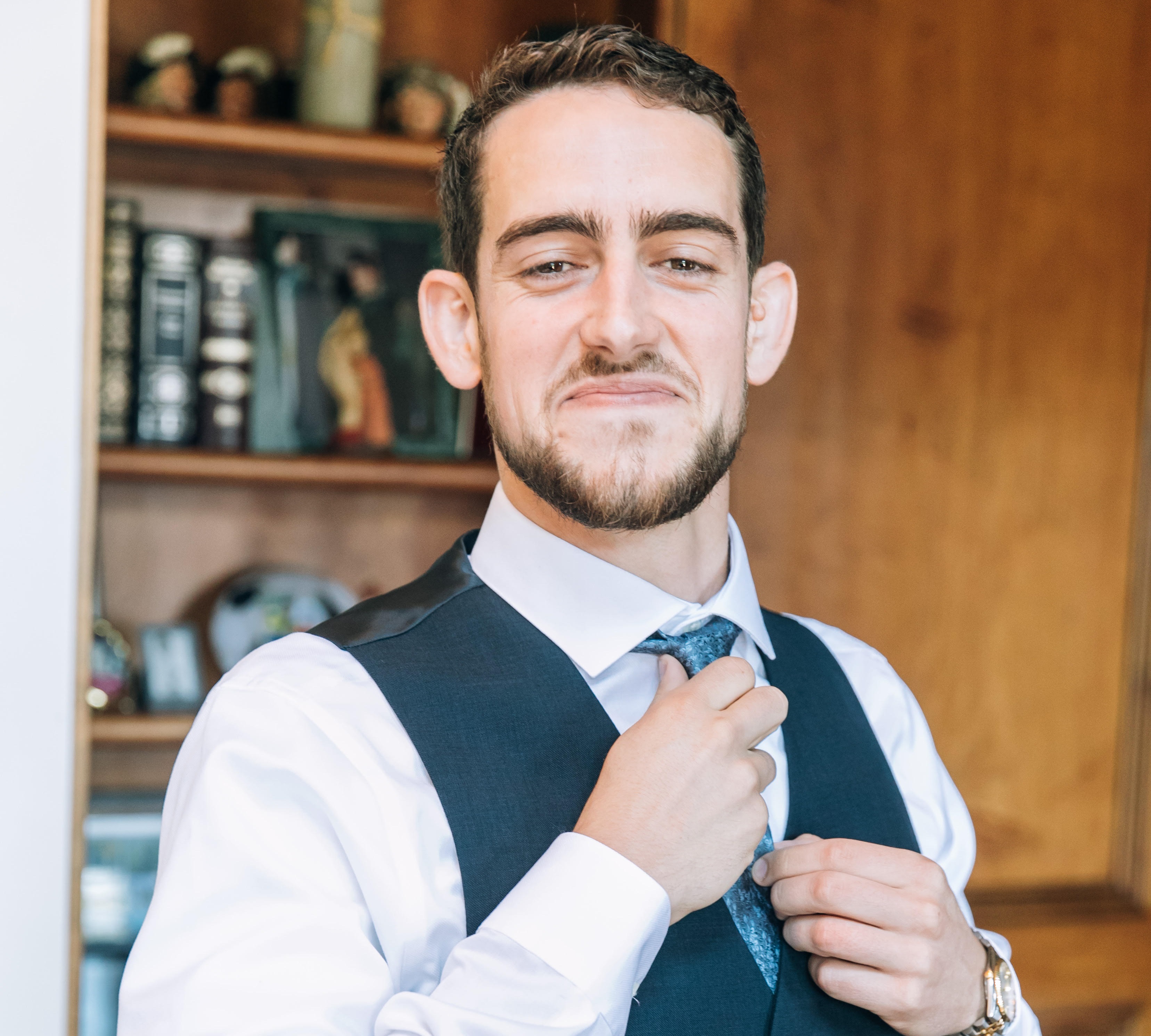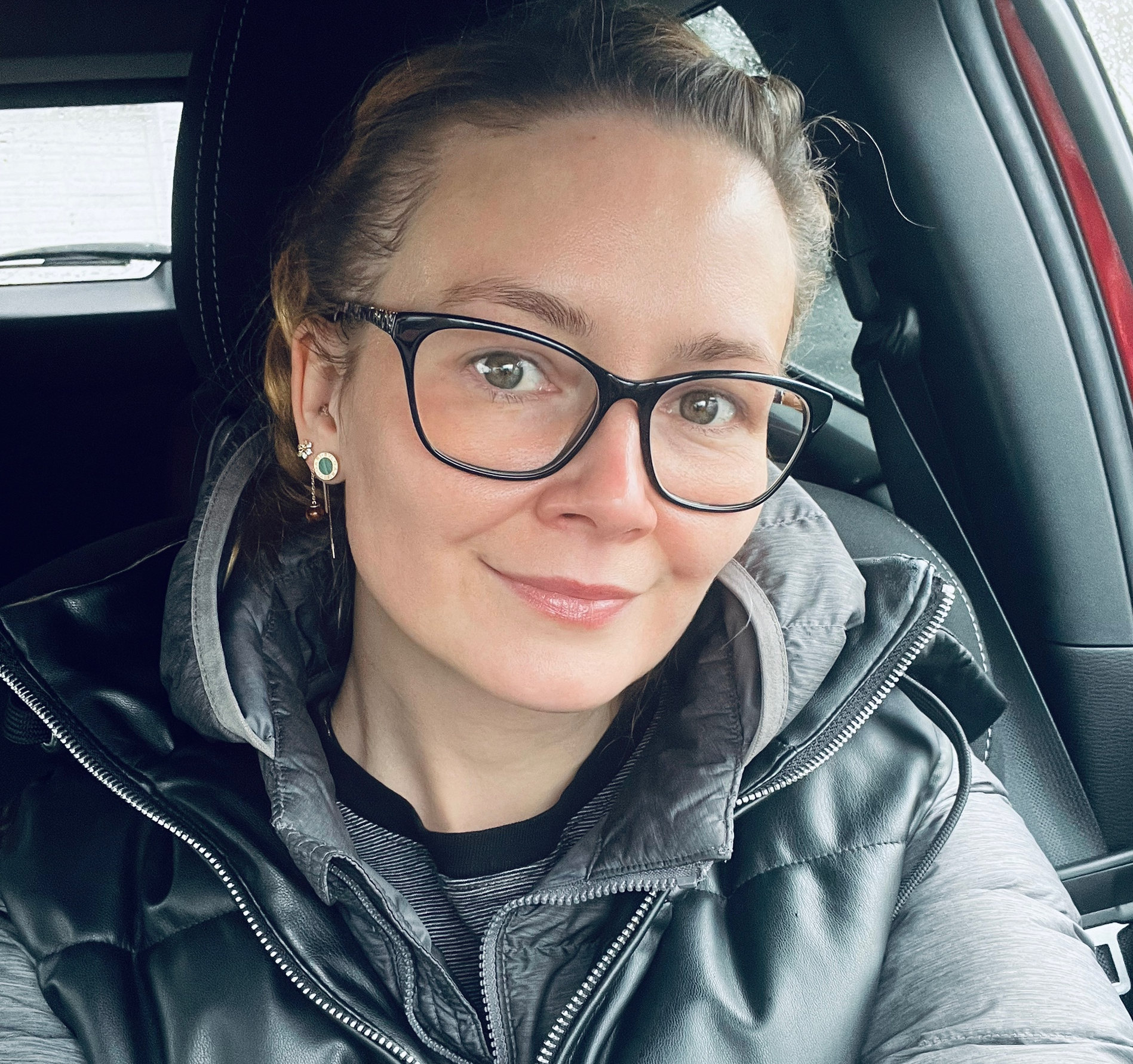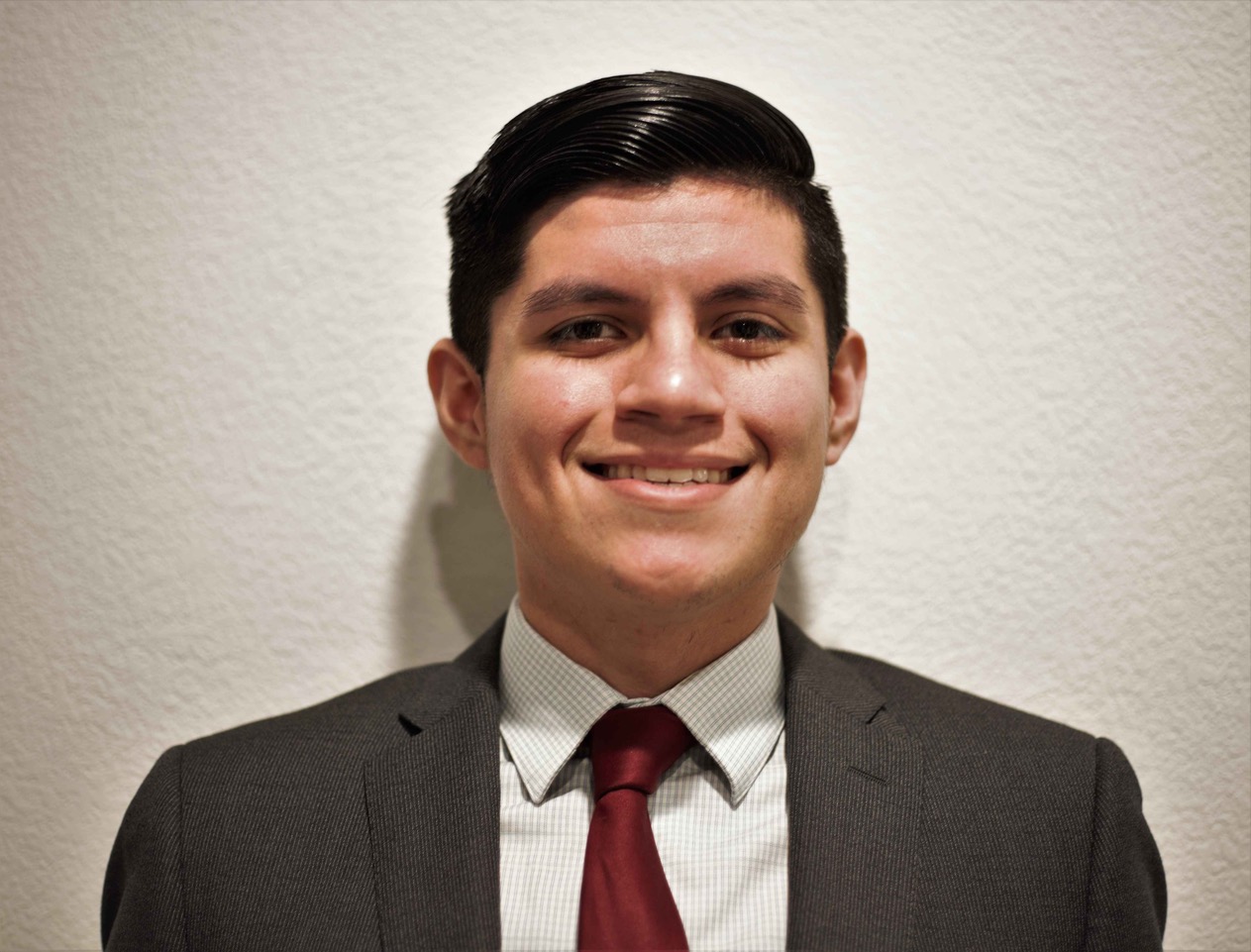Meet Diana Lee, a career coach and mentor for Springboard’s Software Engineering Career Track.
A software engineer moonlighting as a career coach, Diana Lee knows a thing or two about helping people with non-technical backgrounds transition into the tech industry. Becoming a mentor was almost instinctual for Lee—“I came to engineering from a non-traditional path myself, so I remember the struggle,” she says—and she has helped coach junior engineers on a volunteer basis for a range of nonprofit organizations.
A former engineer at GoDaddy, where she developed social media analytics dashboards to help small businesses decide where and how to spend their advertising dollars, Lee enjoys building products that have a positive impact.
Being a good mentor entails leaving your ego at the door, she says—and doing your best to be of service to your mentees. “You should try to be humble and realize it is a learning experience for both of you.”
How long have you been a mentor at Springboard?
I’ve been a mentor at Springboard for around eight months. I started in December 2020.
Which career track are you focusing on?
I work with students in the Software Engineering Career Track, some of whom have come from the Software Engineering Career Track Prep course.
Where do you work?
I currently freelance as a career coach. A lot of the stuff I talk about and cover in my mentee meetings has a lot of overlap with my freelance work.
Do you provide career coaching just for engineers?
Yes and no. My career coaching is specifically for folks in the tech industry. My specialty is folks who are pivoting. Either they are coming from a different industry and want to be in tech, or they want to become an engineer. I help them get where they want to go.
Are you also working on any software engineering projects on the side?
I did previously work full-time as a software engineer; I am taking a bit of a break to focus on career coaching for now. But I do plan to go back to full-time software engineering by the end of the year.
Why did you become a Springboard mentor?
When Raouf Seyam [mentor operations team lead at Springboard] first approached me about the mentor role at Springboard, I thought, wow, this is the perfect fit for me—it’s exactly like what I already do. On top of being a career coach, I have volunteered for many years as a mentor.
I volunteer with organizations that help underrepresented communities, like women in tech because that is where my passions lie and where I can make a big impact.
I came to engineering from a non-traditional path myself, so I remember the struggle. I remember how jarring and new everything was. What I like about Springboard’s program is they help guide you through that—not just with a mentor, but a career coach and student advisor. It’s a very supportive environment. If I could go back in time and pick Springboard as my entry point into the tech industry, I probably would.

What were you doing before you became a software engineer?
Before becoming an engineer, I was in the marketing department. I’ve worked at tech companies like Twilio and EventBrite in a non-technical role. While I was at Eventbrite, my department needed some engineering know-how, but we didn’t have the bandwidth. We were working on this really big project involving technology migration, which requires some coding, and that’s something that none of us knew how to do. The engineering department was stretched too thin to help us out.
So I took the initiative and started learning Javascript at that point. That was my first step into coding. And I thought, wow, I really like this! I felt that I could make an even bigger impact by being a coder than a marketer. I could write code for something small, but the impact it has is humungous and can reach tens of thousands of people, or even more depending on how widely it is deployed. That’s when I started studying coding and exploring how to go into it full-time. After that, I made the transition to working as a front-end engineer at GoDaddy.
Get To Know Other Software Engineering Students
Alexander Aboutanos
Software Development Consultant at Sogeti
Elena Nurullina
Junior Web Developer at G/O Media
Rafael Alvarado
IT Support Engineer at Amazon
What do you like most about being a mentor at Springboard?
I personally like getting to know my mentees. It’s so wonderful to meet people from different backgrounds and walks of life, especially when they become coders via a nontraditional path. I like being able to connect with my mentees and hear about their unique skill sets from their previous background.
I like being able to make their life easier. I really do. I really think that it doesn’t have to be as hard as it was for me and for a lot of people who learned software engineering a few years back. The purpose of a lot of tech companies is to make complex things easier. Personally, I feel that that’s what Springboard is trying to do, and that’s where I come in with my own resources and experience so I can make their journeys a lot simpler than it was for me.
I’m a big fan of Springboard. At first, I was tentative; I started off with the bare minimum number of mentees just to get my feet wet, and now I’m like, bring it on.
What is something you have learned from your mentees?
I’ve learned how to communicate better. Communication has always been one of my core strengths, but having conversations with my mentees has helped me hone those skills even more. We are two people working on the same problem, but coming at it from two different angles. And being able to listen—active listening is a skill I have been improving. When I explain a concept or answer a mentee’s question, I want to contextualize it in terms of where they are.

How has being a mentor helped your own career development?
I’m a mid-level engineer, and I’d like to become a senior engineer one day. One thing that’s really important for senior engineers is to be able to guide and mentor junior engineers. If you are lucky, you can learn this skill on the job, but sometimes you don’t get that opportunity.
Springboard has helped me hone the skill of mentoring someone who is new to coding or learning a new programming language and helping them feel comfortable and confident with the work they are doing. I think that is pretty key for an engineer’s career growth.
Mentoring junior engineers is essentially what I’m doing now with Springboard. If you are a senior engineer one of the key responsibilities is to guide junior engineers and help them level up in their careers. If you can’t, that indicates a lack of understanding of the senior engineering role and a lack of leadership and team building.
What is the most interesting project you’ve worked on in your career?
One of my biggest projects happened while I was working at GoDaddy. We were building a dashboard called the “social dashboard,” and it was a tool for small business owners to help them decide what to do in terms of social media. Small business owners that run mom-and-pop shops don’t have time to become experts in Twitter, and Facebook, and TikTok.
We built this platform such that you don’t have to be an expert in all that stuff. We created a personalized but automated experience to drive revenue to your small business. We had various API integration with Facebook, Twitter, LinkedIn, and so on—even niche social media networking sites for specific verticals such as plumbing or car rental.
We made it easy for businesses to drive engagement and meet their sales benchmarks. So if you want to post something to five different social networking sites, you can do that with one click. This work was important to me because my late grandfather owned a small business—a restaurant—and that’s why I joined GoDaddy. As I was building these tools and features, I couldn’t help but think how useful they would have been to him.
Small business owners are struggling to make ends meet, especially during the pandemic. aren’t out of the woods yet. That is important to me—working on something that is going to make a big impact and help people.
What advice would you give to someone who is just starting out as a Springboard mentor?
The goal of a mentor is to really listen to their mentees and understand what they are having trouble with. Sometimes, with other organizations I have been a part of, I’ve seen mentorship fail because mentors think of it as a one-way street, like they are above the mentee. I really disagree with that. I really think as a mentor there should not be much ego; you should try to be humble and realize it is a learning experience for both of you.
I really think that if you encounter someone with an ego early in your journey, it can really impact you. I’ve heard stories from my mentees where they said they did an informational interview with someone who was mean to them and made them feel like they couldn’t do this. You need to open doors for people, not close them.
What’s your advice for students who experience impostor syndrome?
I would say it is a completely natural feeling. Most people will feel it at some point in their career, but especially early on. Impostor syndrome happens when you are new to something, and that is a wonderful place to be.
Even senior engineers feel it at some point. I don’t want people to think “I’m only feeling this because I’m new and eventually I’ll shake it off.” There is no such thing as a human being who is an expert in all things. Something I emphasize with my own mentees is to look at the person you are today and how different that is from who you were a year ago. People who know how to write Javascript apps now—a year ago, they wrote their first “Hello World!”

What do you look for when screening and interviewing candidates for your team?
One thing that’s important for the interview process is communicating clearly. The interviewer cannot read your mind. If you’re doing a coding challenge and you aren’t walking through your code and telling the interview exactly what you’re thinking in terms of your problem-solving process, you might not get very far. Think about it from a team perspective. Would you want to work with a teammate who literally cannot communicate with you about something you’re working on together?
The other thing is that people get very nervous during an interview, and that jumbles everything. Think of it as a conversation between two people who are learning about each other. It is not a one-way street where I’m judging you, and all your merits and weaknesses. Being nervous is normal but if you can set it aside and focus on the conversation, you’ll be able to show more of who you really are.
How do you stay up-to-date with the latest tools and technologies while working full-time?
I do coding projects on the side. I also read a lot of technical blogs. Sometimes I’ll find something that’s aligned with my mentees’ needs and I’ll bookmark it.
On the career coaching side, I have a finger on the pulse when it comes to the industry. For example, industry trends regarding remote work, what technology stacks are getting popular, interviewing trends. Companies have different ways of interviewing, so I keep on top of that stuff, too. I do a lot of information gathering and synthesizing for my career coaching business.
Since you’re here…
No one wakes up knowing how to code – they learn how to code. Tens of thousands of students have successfully learned with our courses, like our Software Engineering Bootcamp. If you’re a total newbie, our Software Engineering Career Track Prep Course will be a perfect fit. Let’s do this!






